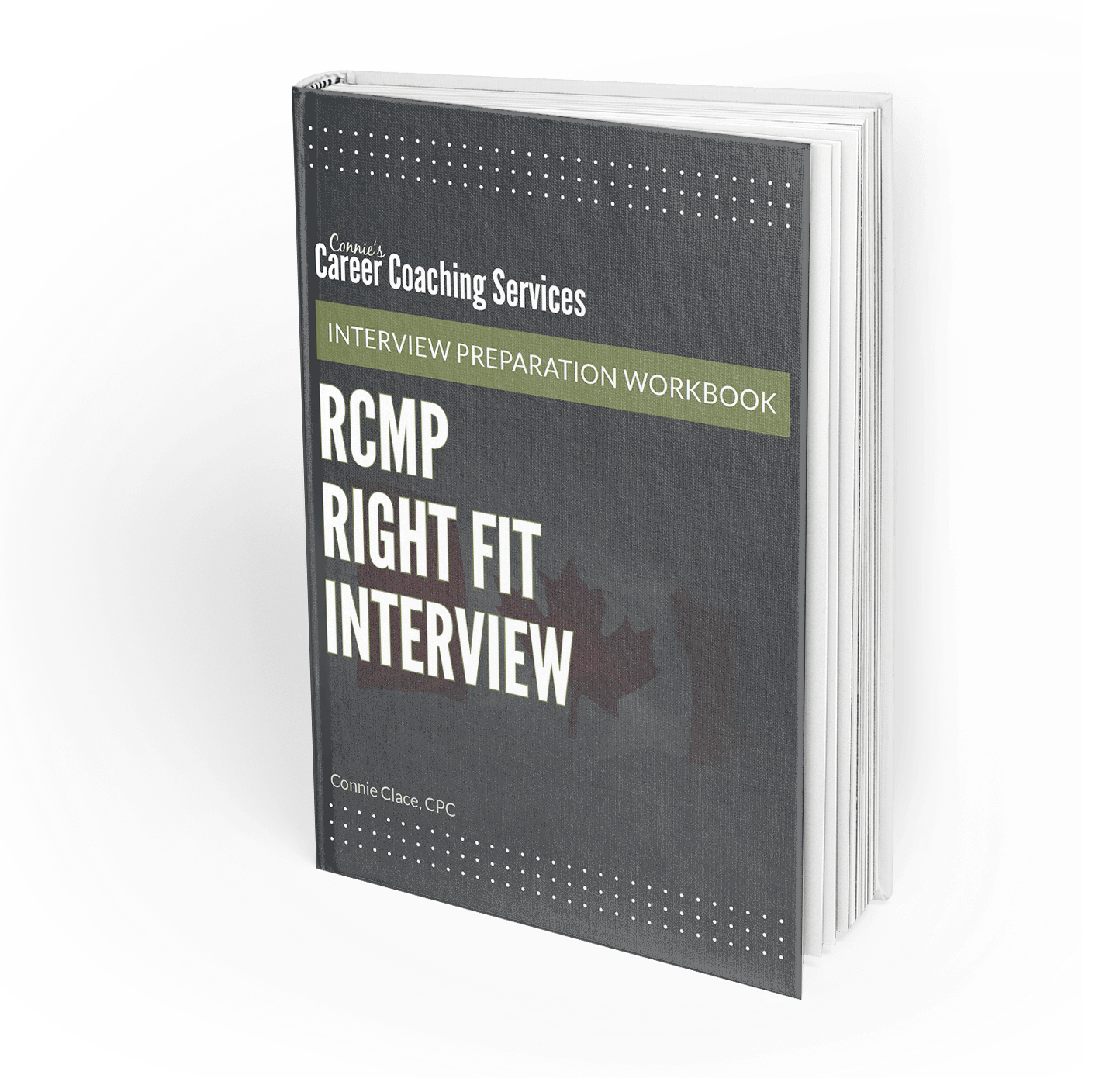RCMP Applicant Interview – How do you prepare?
Are you currently exploring the option of becoming an RCMP Officer, or are you already in the process and going through the phases to reach your career goal? It takes a lot of work and preparation to get ready for each of the phases of the process. The interview phase is no exception.
What type of interview does the RCMP conduct to assess your suitabililty for a career as a police officer? Well, the RCMP is establishing whether or not you are the “Right Fit” to be a member of their police force. That is to say, they have selected eight competencies that they will assess during the interview, in an attempt to establish that you are suitable, or the “right fit” to be part of the team.
The eight competencies are:
- Developing Self
- Flexibility
- Problem Solving
- Conscientiousness and Reliability
- Meeting Clients Needs
- Communication
- Teamwork
- Self Control and Composure
Each of those competencies will be assessed using a competency based interview, using both behavioural based and situational based questions. But what does that mean? What are behavioural and situational questions?
Behavioural Based Interview Questions
There is a belief that past behaviour is indicative of future behaviour. As such, interviewers ask these types of questions to establish what behaviour you used in certain situations. So they ask questions like “Tell me about a time when …” or “Describe at time when …” Your job is to come up with a story from your recent past that can answer their question. In the RCMP, they will be asking a behavioural based question targeting each of the eight competencies that I have listed above.
So once you find your story that will match the competency, how do you answer it?
The RCMP has chosen the S*T*A*R model of answering questions as their preferred method.
S – Situation
T – Task
A – Action
R – Result
Once you decide what story you want to tell, you formulate the story in the S*T*A*R model, explaining what the situation was, what your task was, describing the action you took to accomplish that task, and then, because of your action, what the result was.
Situational Based Interview Questions
Like behavioural questions, situational questions are asked to assess the eight competencies that are listed above. However, with situational questions, the interview board will provide you with the situation and ask you what you would do if you found yourself in that situation. Again, the RCMP has a very specific way in which they would like your answered structure, and it’s called A*R*C.
A – Action
R – Reasoning
C – Considerations
Once the interview board provides you with the hypothetical situation, your job is to tell them what action you would take, what your reasoning is for each of the steps in your action, and what considerations you took to come up with your action.
Providing responses to both the behavioural and situational questions takes practice, but once you understand the concept of both the S*T*A*R and A*R*C, it will be much easier for you. I will elaborate on both in upcoming posts.
So what should you do now if you are interested in a career or are in the applicant process to become an RCMP officer? Start thinking of examples now that target each of those competencies. In a series of subsequent posts, I will be breaking down each of the eight competencies, providing you with detailed information to help you formulate stories and answers.
And if you are at the point that you feel you need some additional help, find someone who has experience with RCMP applicant interviews to help you, or reach out to a Certified Professional Career Coach to get the help you need.
Do you know someone who is faced with this challenge? Feel free to share this post by using the share links at the top of this page. Also, if you’d like more interview tips, feel free to check out the interview resource page.


Leave a Reply